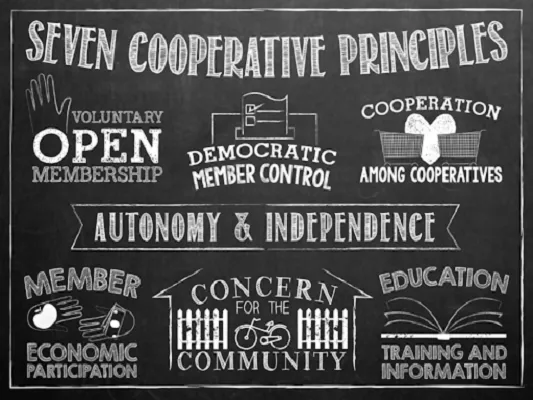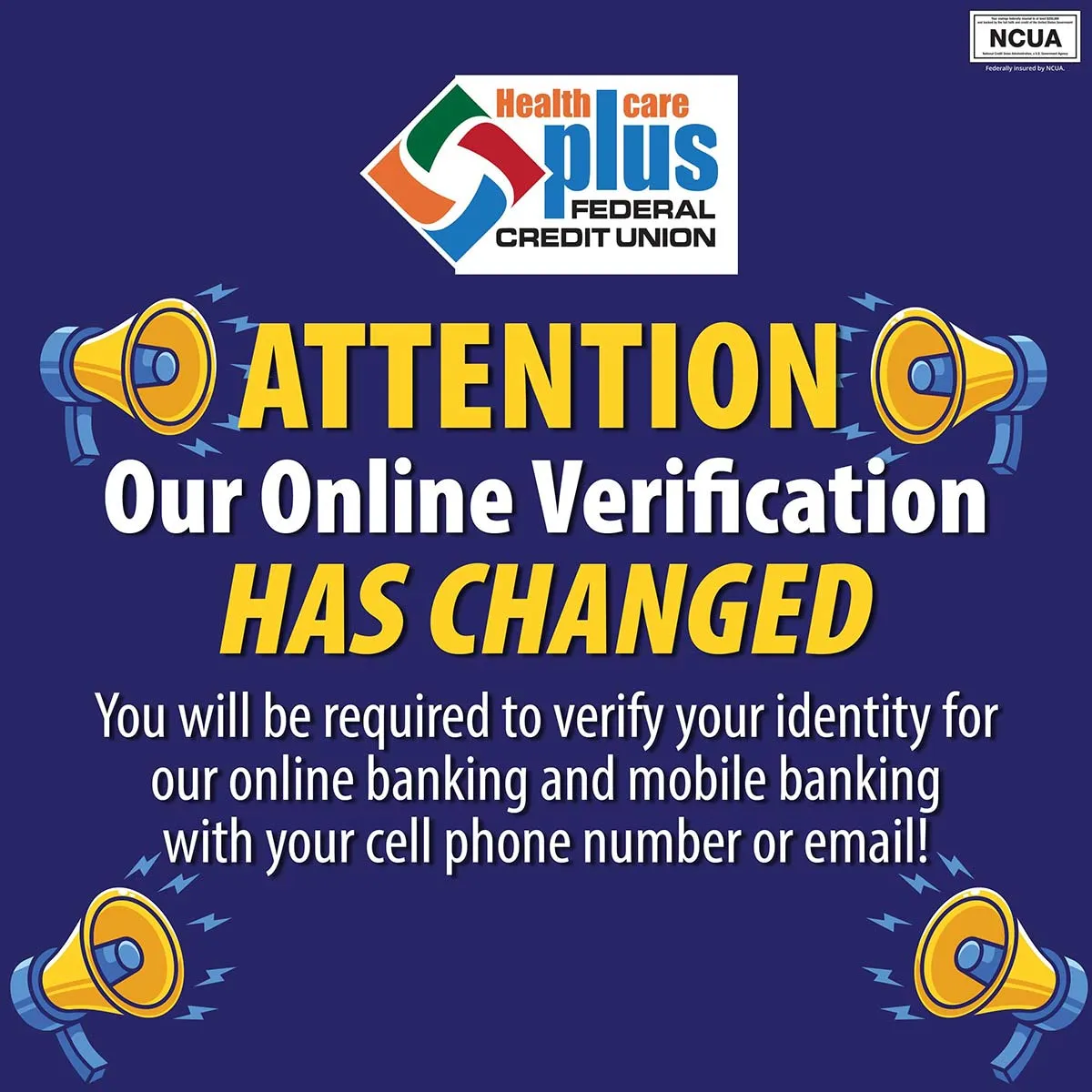What Are the Benefits of a Credit Union? Pros and Cons To Know

This article originally appeared on msn.com
Story by Jacob Wade
Credit unions are not-for-profit financial institutions that provide many of the same services as banks — but with some major differences. Unlike banks, which are for-profit businesses owned by shareholders, credit unions are owned by their members. That structure comes with a few unique perks.
If you’re looking for better rates, lower fees and a more personalized banking experience, it’s worth understanding the key benefits of a credit union and the drawbacks before joining.
What Is a Credit Union?
Credit unions accept deposits, issue loans and provide services like checking and savings accounts — just like traditional banks. The key difference? They’re cooperatives owned and operated by their members, not shareholders.
Instead of maximizing profit, they focus on providing value to their members through lower interest rates, few fees and community-focused support.
Top Benefits of a Credit Union
Credit unions offer five unique benefits with which even the biggest banks struggle to compete.
1. Lower Fees and Higher Interest Rates
Credit unions usually offer higher interest rates on savings accounts and lower rates on loans and credit cards. This means more passive income for members and savings on loan products.
2. More Personalized Customer Service
Credit unions tend to offer a more personalized experience than big banks. Why?
- Members are also owners — so customer service is more relationship-driven.
- Staff are often part of the same community and better understand local needs.
- Many serve specific groups, like military families or educators, and tailor services accordingly.
3. Community-Focused Values
Credit unions often reinvest in the communities they serve. That might include:
- Scholarships and academic programs
- Local events or small business support
- Financial education and literary resources
Because they aren’t profit-driven, credit unions can prioritize community impact in ways most big banks don’t.
4. Better Loan Terms and Approvals
Credit unions often consider the full picture of your financial situation — not just your credit score. That can make it easier to get approved for a loan, especially if you have fair or limited credit.
5. Access to Shared Branching and ATM Networks
Credit unions partner with other credit unions independently and through the CO-OP network. This provides members access to the following:
- More than 5,600 shared branches.
- Over 30,000 ATMs in all 50 states.
Credit Union vs. Banks: What’s the Difference?
Here’s how credit unions and banks compare side by side:
Disadvantages of Credit Unions
Despite the growing popularity and benefits of a credit union, banks are still the king of the hill, and credit unions have drawbacks that give some consumers pause.
1. Limited Accessibility and Technology
Credit unions rarely have the resources to develop the slick, modern, intuitive apps and other software that modern digital banking customers have come to expect.
Banks, particularly big banks, have a much broader geographical reach. For those who don’t want to search for the local credit union that serves as their nearest CO-OP branch, there’s nothing like the comforting familiarity of a Chase or Bank of America sign every few blocks wherever they go.
2. Membership Requirements
You often need to meet eligibility criteria to join. These vary by the credit union, but could be based on:
- Your employer or occupation
- Military service
- Location or community affiliation
Some credit unions allow broader access through third-party organizations, but not all do.
3. Smaller Range of Services
Smaller credit unions may offer:
- Fewer types of loans or investment products
- Limited business banking
- No brokerage or wealth management accounts
If you want everything under one financial roof, you might prefer a large bank or online institution.
Who Should Choose a Credit Union?
A credit union could be a smart choice if you qualify for membership and want lower fees, better rates and straightforward banking services — like checking, savings, credit cards and loans.
They’re also ideal for people who value personalized service and strong ties to their local community.
How To Choose the Right Credit Union for Your Needs
Ready to join a credit union? Start here:
- Check eligibility: Use resources like DepositAccounts.com to find credit unions you can joi
- Compare offerings: Look at rates, loan terms, fees and services that match your needs.
- Check accessibility: Consider the branch and ATM network, online tools and app reviews.
- Verify insurance: Make sure the credit union is insured by the NCUA.
Conclusion: Are Credit Unions the Right Choice for You?
Credit unions prioritize their member-owners by giving profits back to them in the form of lower interest rates, higher yields and reduced or eliminated fees. They don’t have the familiarity, global reach and high-level digital platforms of big banks, but they offer community-based customer service and might be willing to work with you for a loan when a bank says no.
FAQ
Credit unions have a lot in common with banks, but with a few unique details that set them apart. The answers to these frequently asked questions can help make the decision clearer.
- What is the main advantage of a credit union over a bank?
- As member-owned nonprofits, credit unions can typically offer the following:
- Better terms
- Higher yields
- Lower interest rates
- More forgiving application standards
- As member-owned nonprofits, credit unions can typically offer the following:
- Are my deposits safe at a credit union?
- Yes, the National Credit Union Administration insures federally guaranteed deposits up to $250,000, just as the FDIC does for banks.
- Can anyone join a credit union?
- Some credit unions have very broad membership requirements that essentially make them open to the general public. Others have more narrow criteria attached to your location, occupation or third-party affiliation.
- How do credit union fees compare to traditional banks?
- Banks can usually outcompete credit unions on reach, branch and ATM locations and digital infrastructure. Credit unions usually come out ahead on rates, yields, fees and customer service.
- What are shared branching networks, and how do they work?
- Shared branching networks let their customers visit thousands of branches owned by partner credit unions -- as long as they agree to service their partners’ members when they visit one of their branches.
Elizabeth Constantineau contributed to the reporting for this article.
This article originally appeared on GOBankingRates.com: What Are the Benefits of a Credit Union? Pros and Cons To Know



